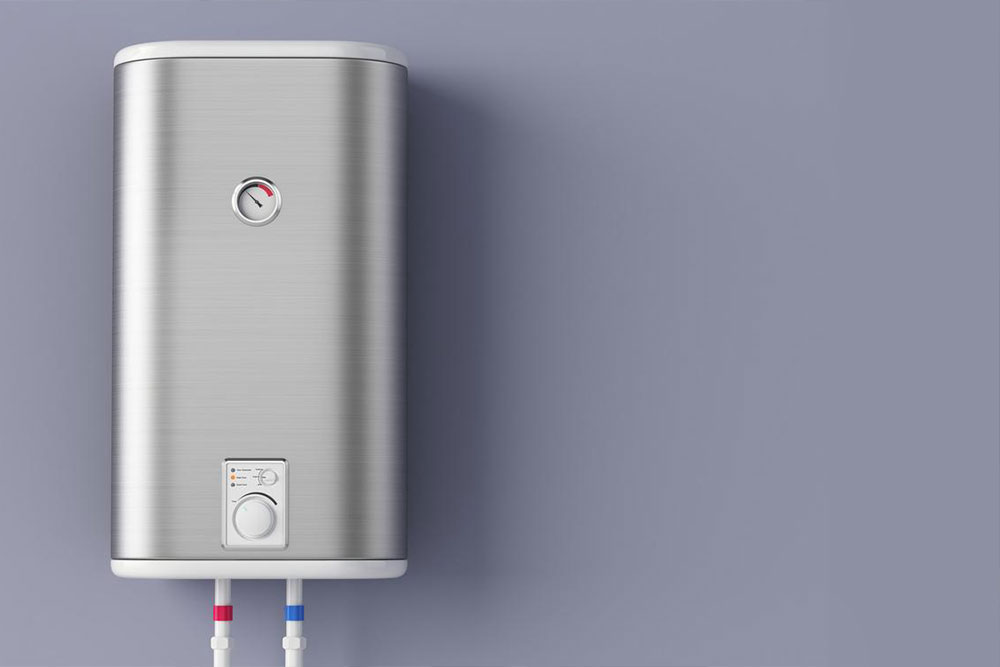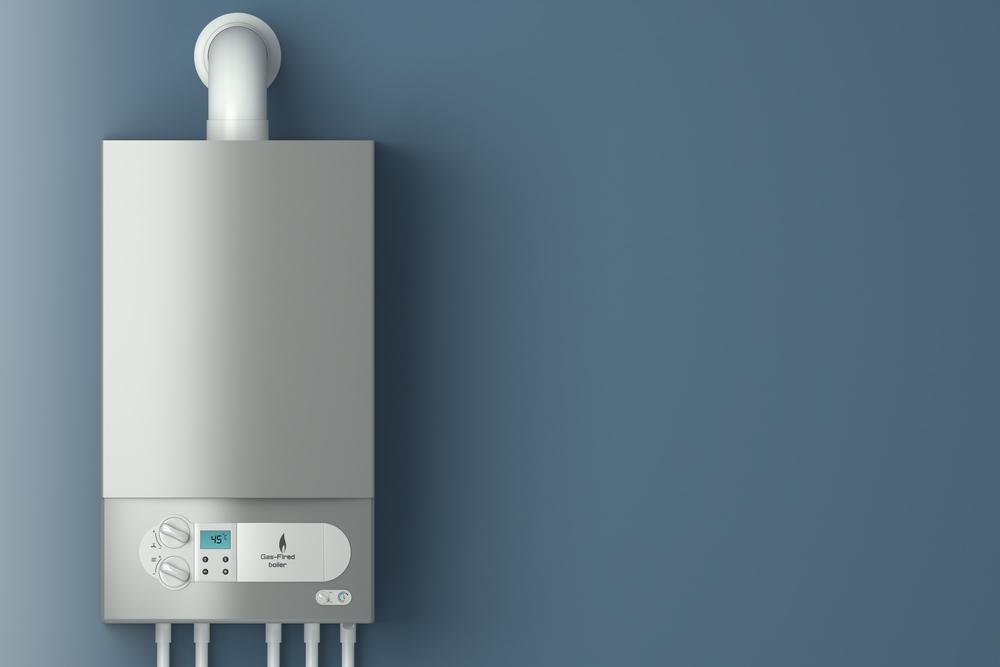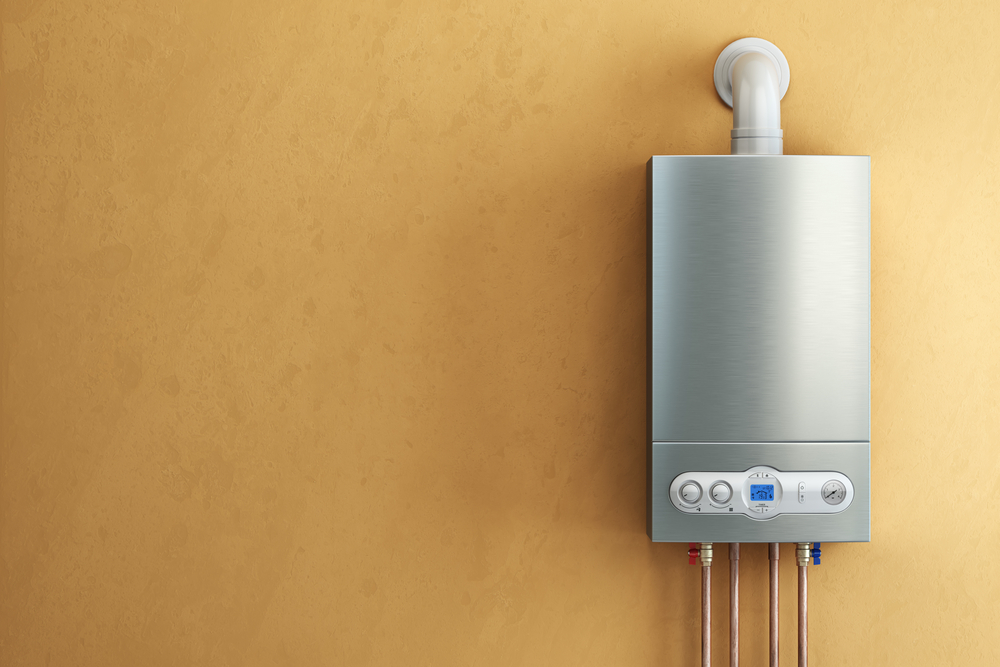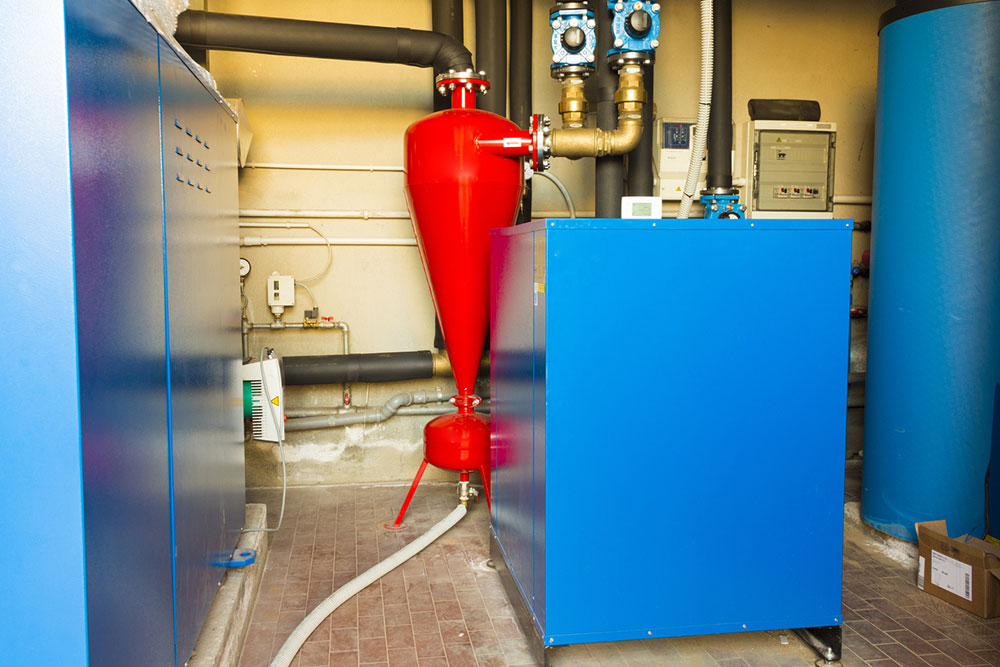Comprehensive Guide to Water Heaters: Types and Operational Modes
Discover the various types of water heaters available today, including traditional tank, tankless, hybrid, solar, and condensing models. Learn their features, benefits, and suitable applications to choose the best fit for your hot water needs. This guide helps you make informed decisions for efficient and reliable water heating solutions.
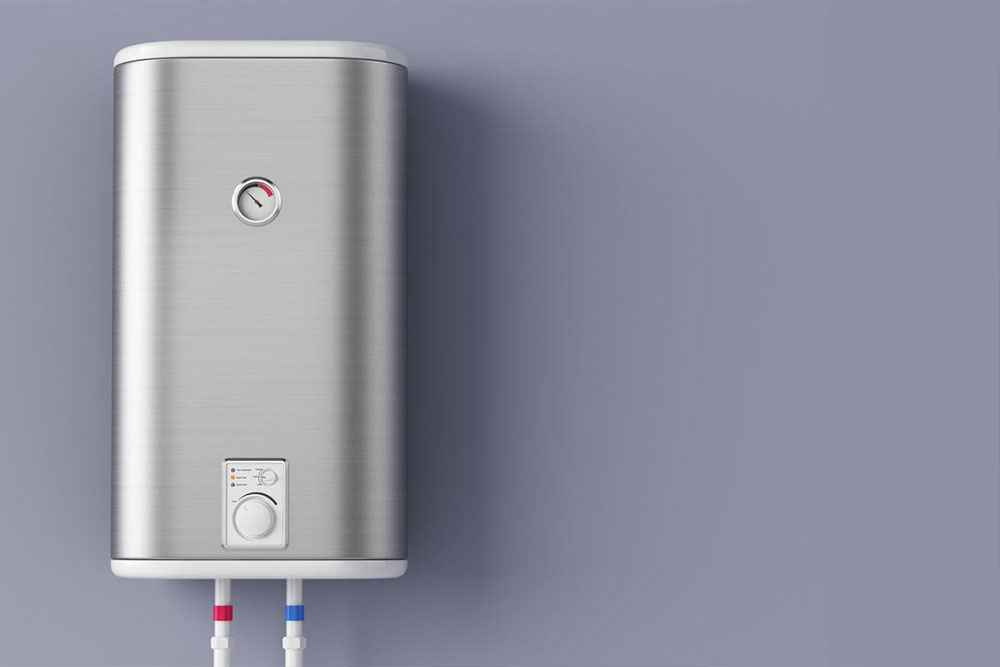
Understanding Water Heaters: Types and Operational Methods
Choosing the right water heater can be overwhelming due to the variety available. Different models are designed to meet specific hot water needs. This article details the most common types of water heaters and their features.
Categories of Water Heaters
Traditional storage tank water heaters feature an insulated tank for heating and storing water. Equipped with a temperature and pressure relief valve, they automatically release excess pressure or temperature to ensure safety.
These units are typically powered by natural gas or electricity. Gas models are economical, while electric versions tend to be more affordable upfront.
Tankless water heaters, also called on-demand units, are compact and provide hot water instantly. Their small size allows installation near points of use, and they boast up to 80% efficiency. Although pricier than traditional heaters, their efficiency makes them a popular choice.
Hybrid or heat pump water heaters use ambient heat from the environment to warm water, making them energy-efficient. They require installation in areas with temperatures between 40 to 90°F and can reduce energy usage by approximately 60% compared to standard electric models.
Solar water heaters harness sunlight to heat water, suitable mainly for sunny regions. These systems often include backup heating using gas or electricity for cloudy days. Due to high initial costs, they're more suitable for industrial or large-scale commercial applications.
Condensing water heaters utilize exhaust gases from the combustion process to heat water. With a capacity of at least 55 gallons, they are ideal for large households or commercial use, capturing flue gases to improve efficiency.
Assess your hot water needs carefully to choose the optimal heater. A reliable unit promises long-lasting hot water supply and energy savings.

